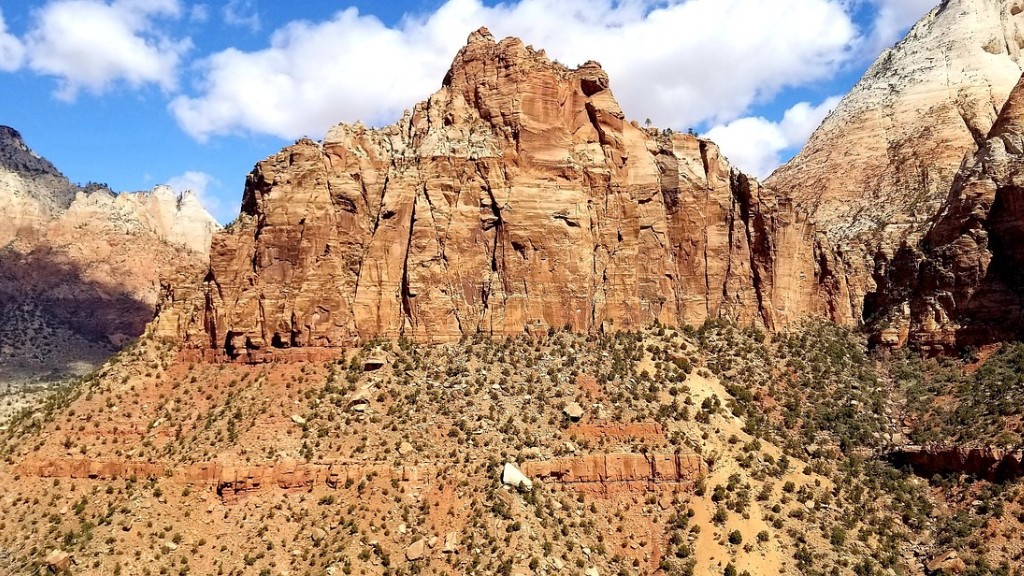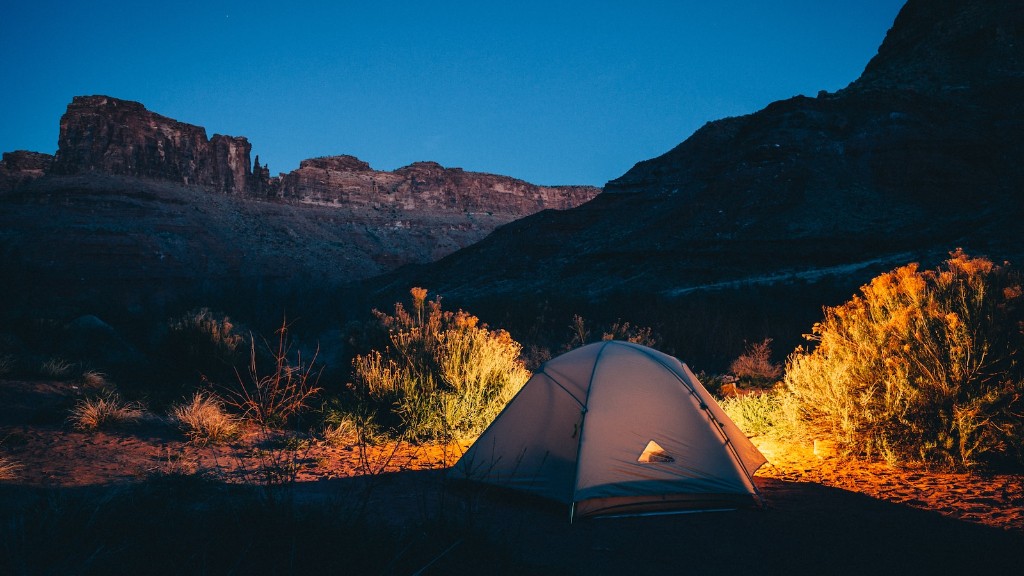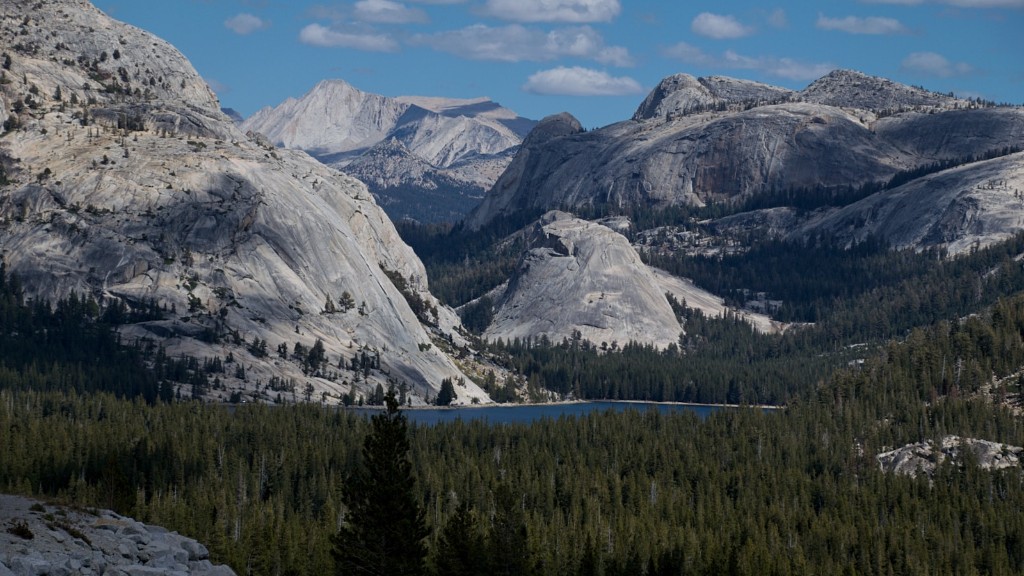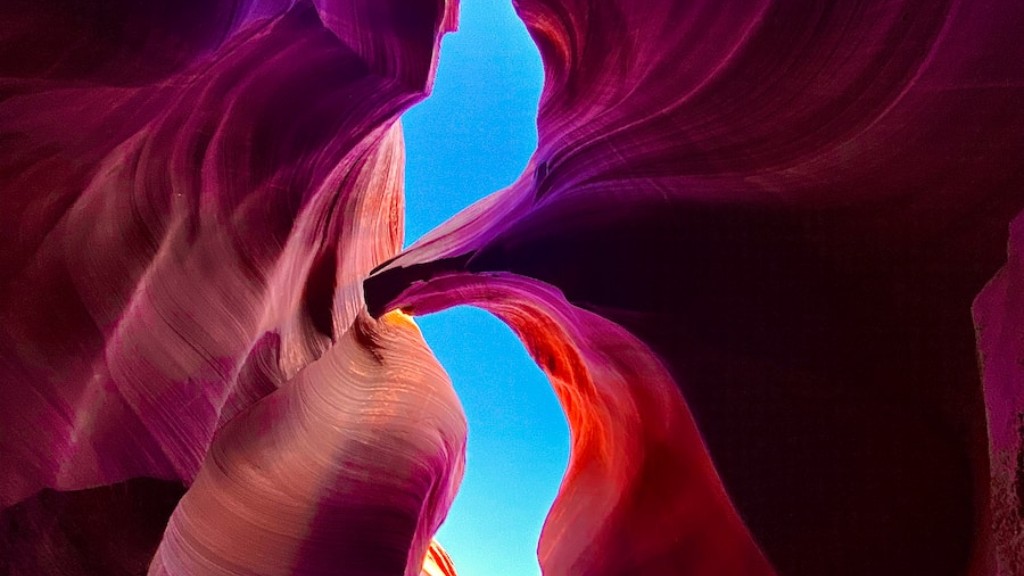Is Zion National Park Jewish? The answer to this question is both yes and no. Zion National Park is not necessarily a Jewish national park, but it is recognized by the National Park Service (NPS) as an area of outstanding religious significance to many Jewish communities.
The park lies within the habitat of the historic Jewish community of Mashabei Sade, and the biblical era town of Ein Gedi is also located inside the park. The Gihon River-which flows through the park-is widely regarded as a sacred stream by followers of the Jewish faith, many of whom visit the park as part of a pilgrimage.
Additionally, the park is a popular destination for Bar and Bat Mitzvah celebrations. From ecotourism to religious pilgrimage, Zion National Park continues to attract Jewish visitors from near and far.
Another important element of Zion National Park’s connection to Judaism is its preservation of the holiness of the land. By securing the boundaries of the park and maintaining rules to protect the flora and fauna, the park’s managers are preserving the natural environment according to the Jewish tradition.
At the same time, Zion National Park serves as a site for various scientific research projects, especially those related to geology and environmental sciences. The data gathered from these projects can provide valuable information for those seeking to further understand and appreciate the relationship between humans and nature over time.
While Zion National Park may not be Jewish in the strictest sense, it has become an important cultural and religious site for Jewish people from all over the world. It serves as a physical reminder of the importance of preserving and protecting the environment and a reminder of the deep religious and historical connections to the region.
History of Zion National Park
Zion National Park was designated as a national park in 1919 and is one of the oldest national parks in the United States. It was first inhabited by the indigenous people of the area and was named after the ancient Jerusalem. The park has been a recreational destination for travelers for several centuries and is home to some of the best hiking trails in the country.
Zion has a rich cultural heritage and has long been viewed as a symbol of the nation’s commitment to preserving its natural environment. It is home to a variety of flora and fauna, making it one of the most ecologically diverse parks in the United States. The park is a major tourist destination and attracts over 3 million visitors each year.
The park is renowned for its spectacular sandstone canyons which stretch for miles, and offer unparalleled views of the surrounding area. Zion is also significant for its extraordinary wildlife, as it is home to numerous threatened species such as the Mexican Spotted Owl, California Condor, and Desert Bighorn Sheep.
In addition to its natural resources, Zion serves as an important area of cultural and religious significance for many different faith traditions. In recent years, the park has become a popular spot for religious retreats, and is the site of many traditional ceremonies and festivals.
Significance of Zion National Park
As one of the most spectacular and ecologically diverse parks in the United States, Zion National Park has been a symbol of the importance of preserving the natural environment. For Jewish people, the park provides a physical reminder of their connection to the land and the deep religious and historical ties to the region.
The park has also become an important cultural and religious site for other faith traditions, such as Christianity and other Native American religions. It draws in visitors from all walks of life in search of spiritual connection and renewal.
The rich natural resources of Zion also make it a popular destination for scientific research. The data gathered from research projects helps to further understand the complex relationship between land and humans and can provide valuable evidence for those seeking to better comprehend the environment.
All in all, Zion National Park plays an important role in the preservation of the natural world and serves as an inspiration to all those seeking spiritual and cultural significance in the landscape.
Conservation at Zion National Park
Zion National Park is managed by the National Park Service (NPS) and is committed to preserving the park’s natural resources. The park has a variety of rules and regulations to protect the wildlife and the flora in the area, making sure it is preserved for generations to come.
The park has implemented a number of initiatives to protect the ecosystem, from promoting responsible tourism practices to controlling the use of certain products, such as off-road vehicles. In addition, rangers patrol the area to protect the park from illegal activities.
The park is also dedicated to educating visitors about the importance of conservation. Through youth programs, ranger-led tours, and other initiatives, the park educates visitors on the importance of preserving the natural environment.
The NPS also partners with other organizations to protect the park’s resources. These partnerships, along with ongoing research and monitoring, ensure that Zion National Park remains an important site of religious and cultural significance for many different faith traditions.
Conclusion
Zion National Park is a place of great religious and cultural significance to the Jewish community and many other faith traditions. It is also an important site for scientific research and environmental conservation. By preserving the park’s natural resources, Zion continues to be an inspiration to all those seeking spiritual and cultural renewal in the landscape.




